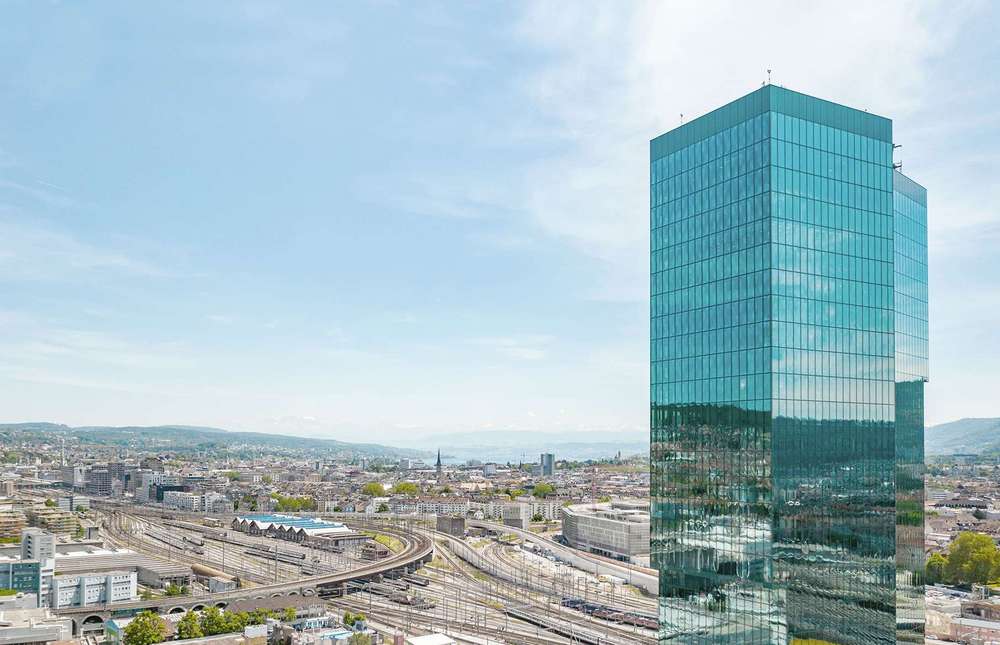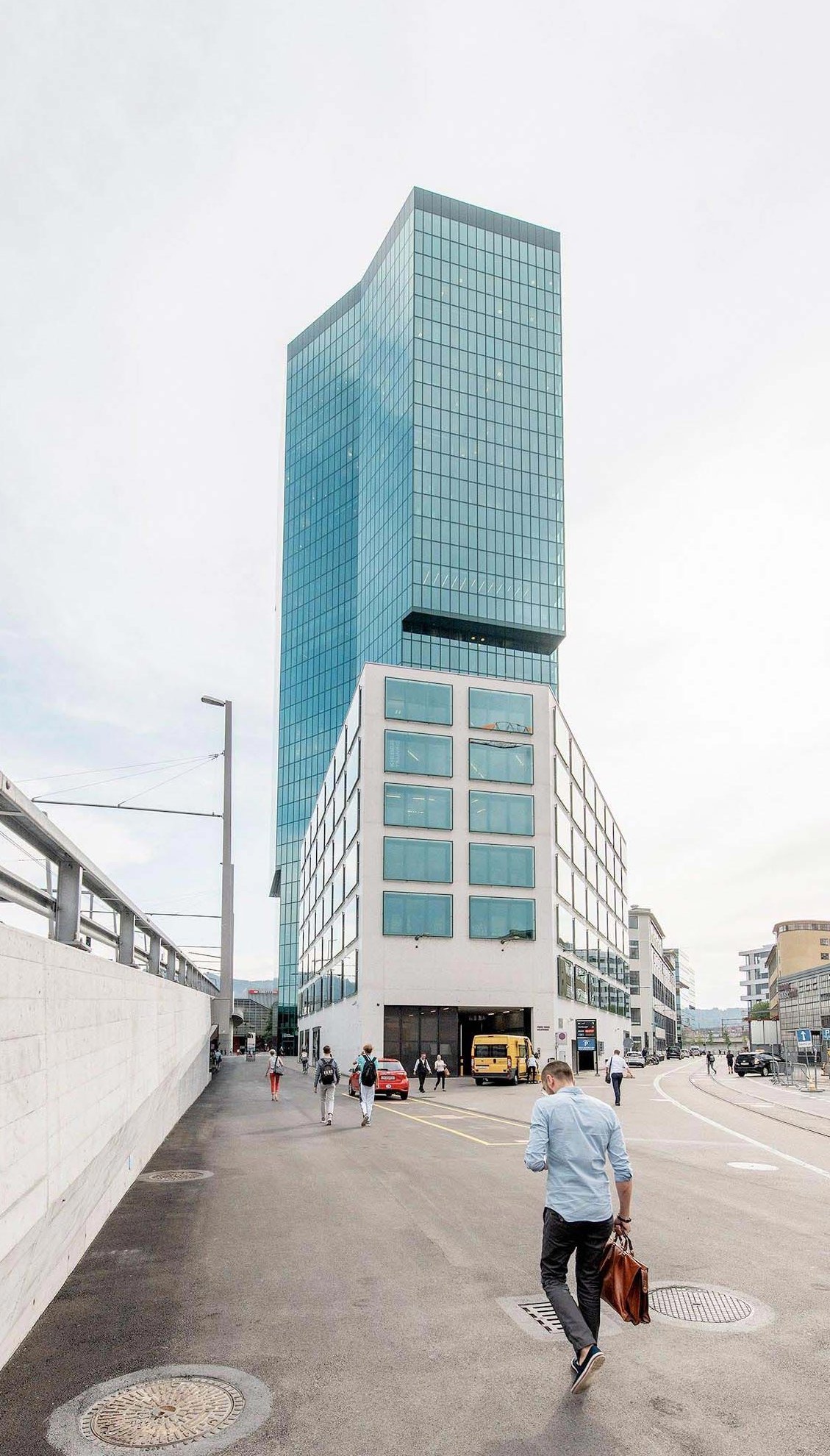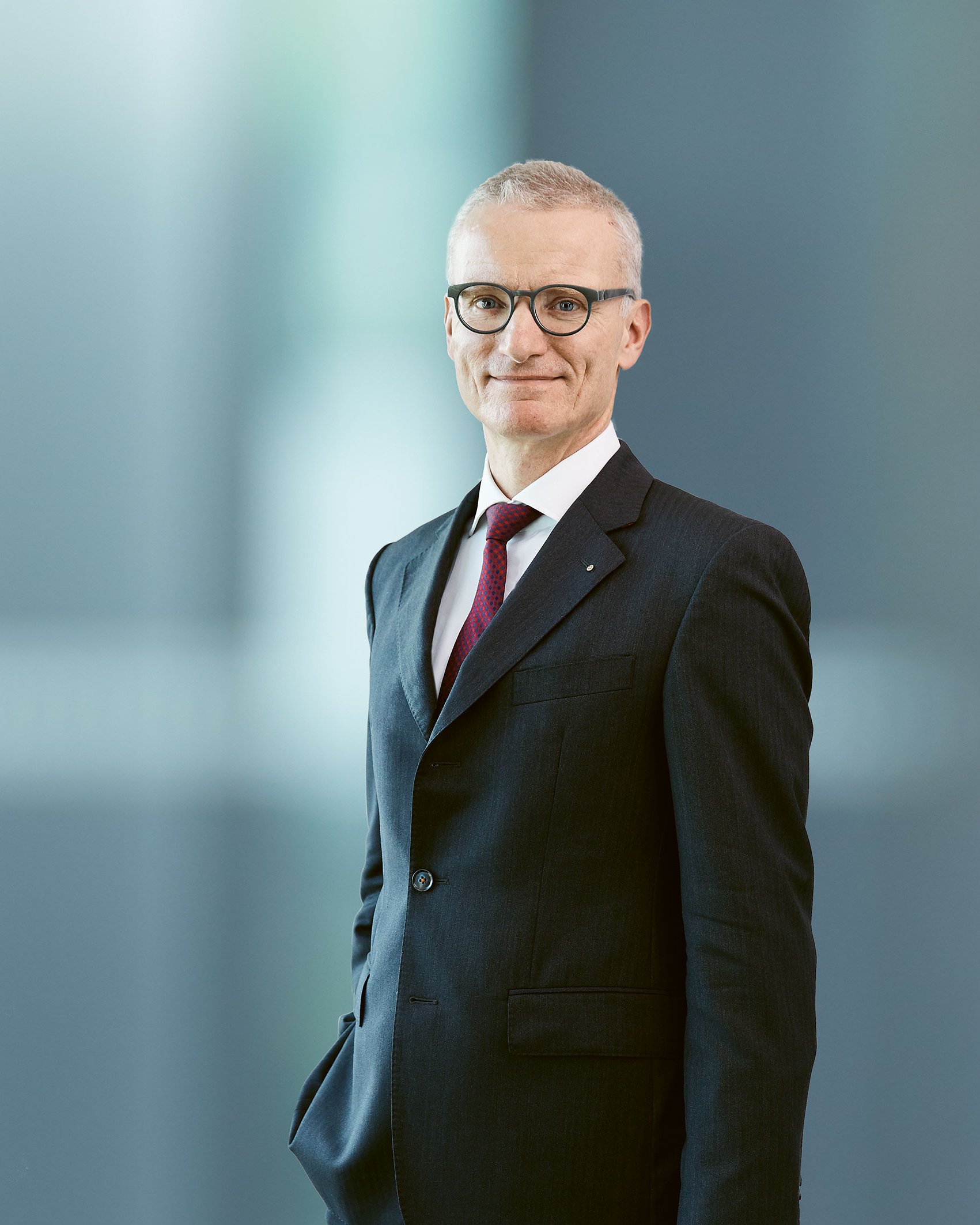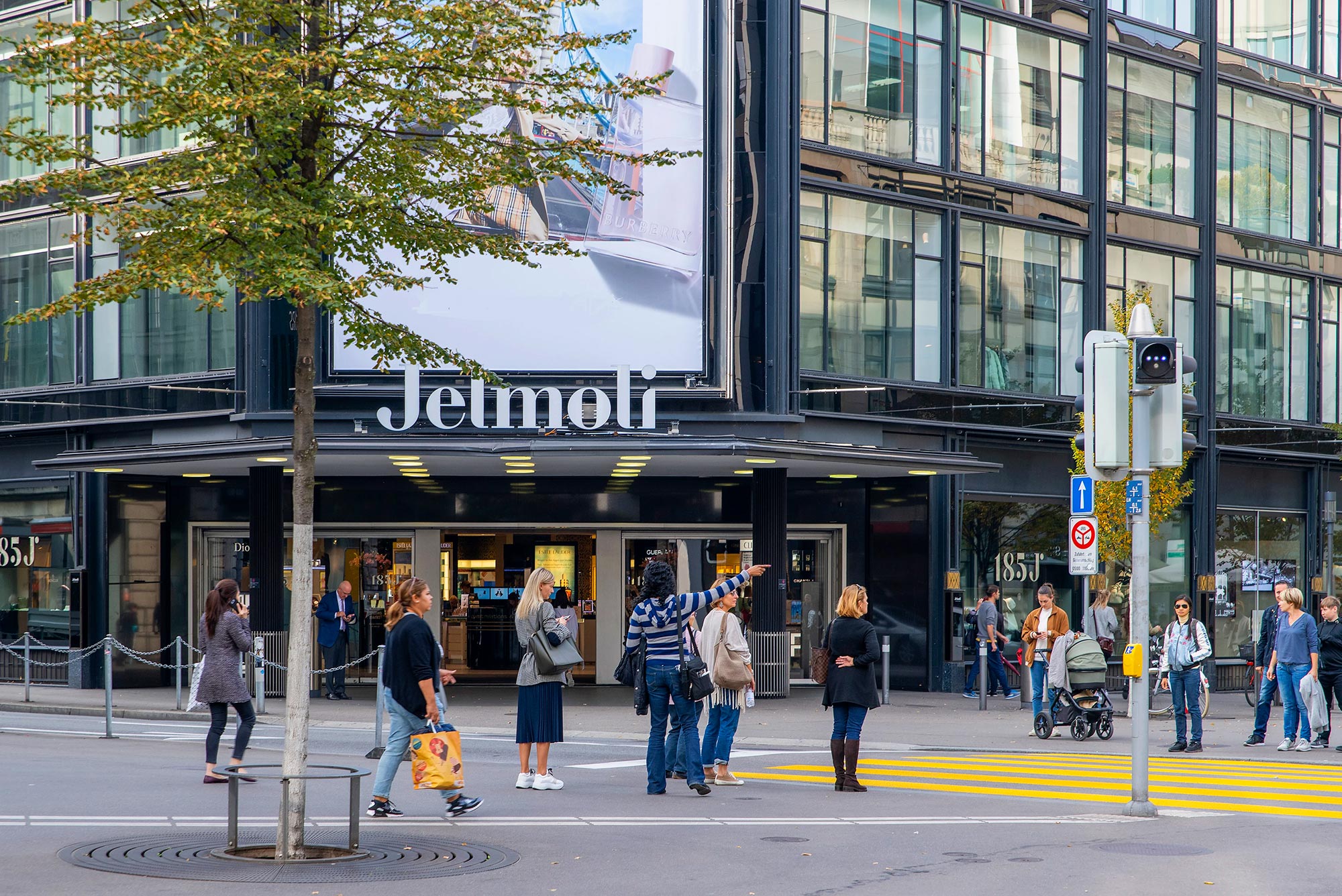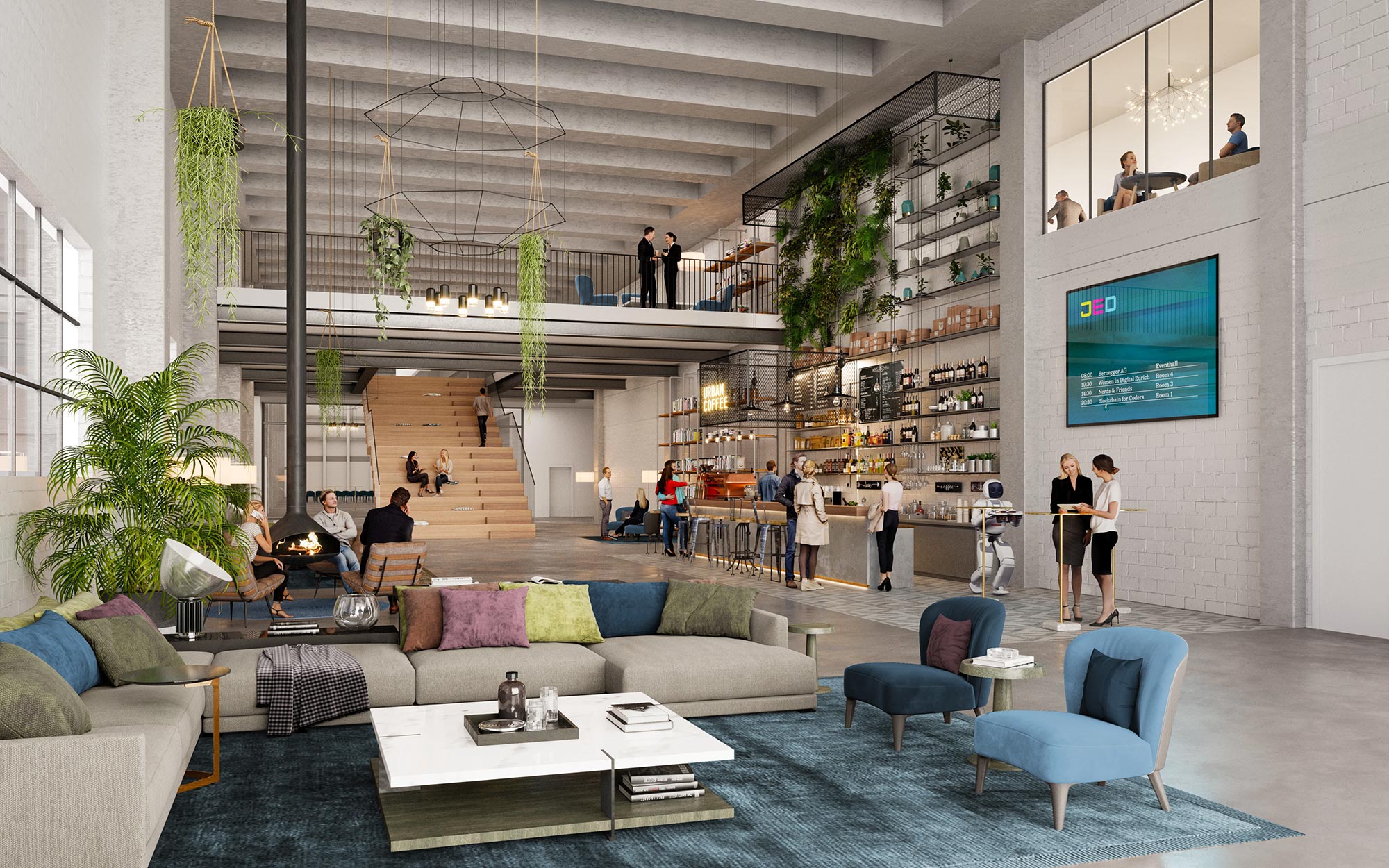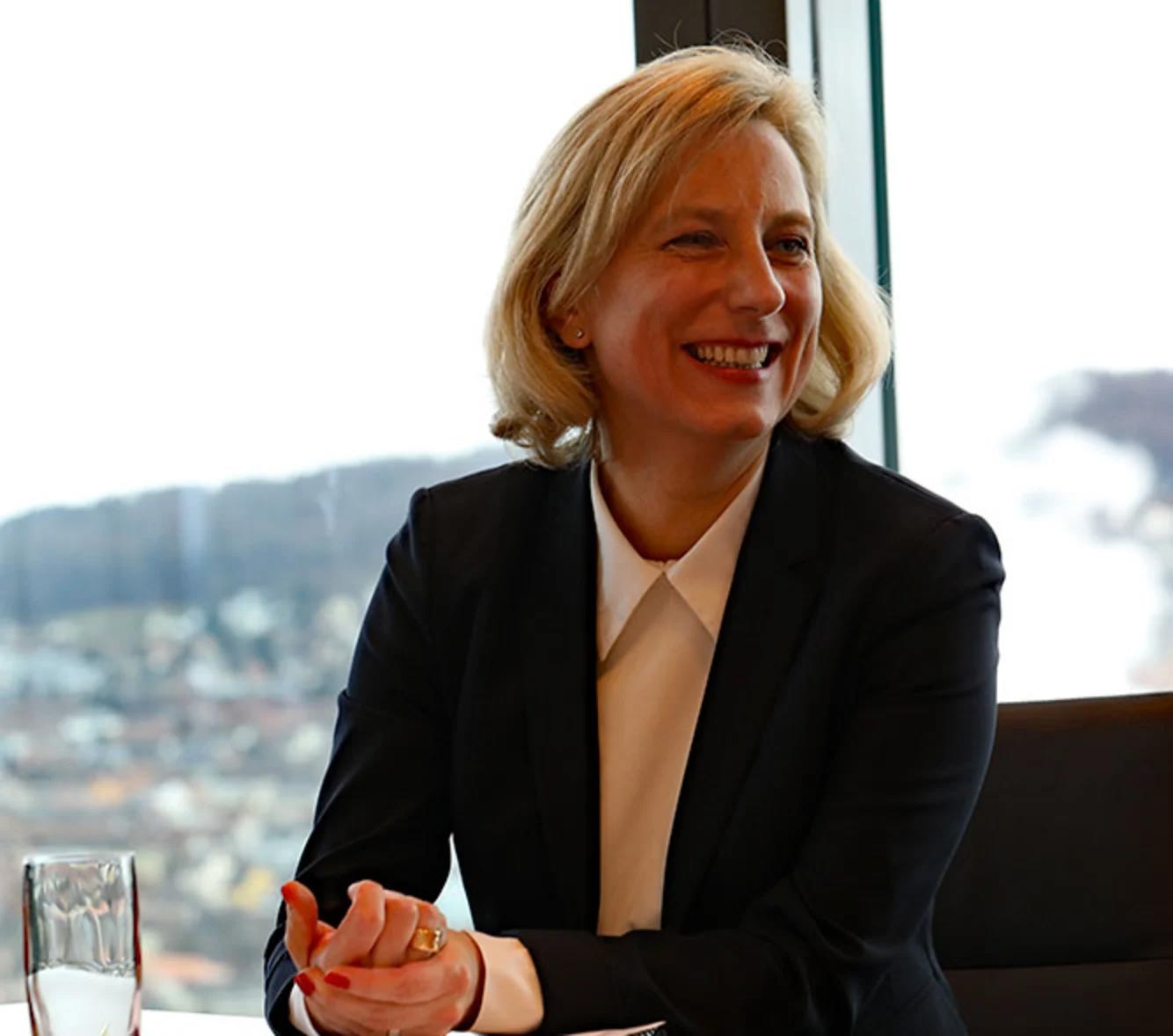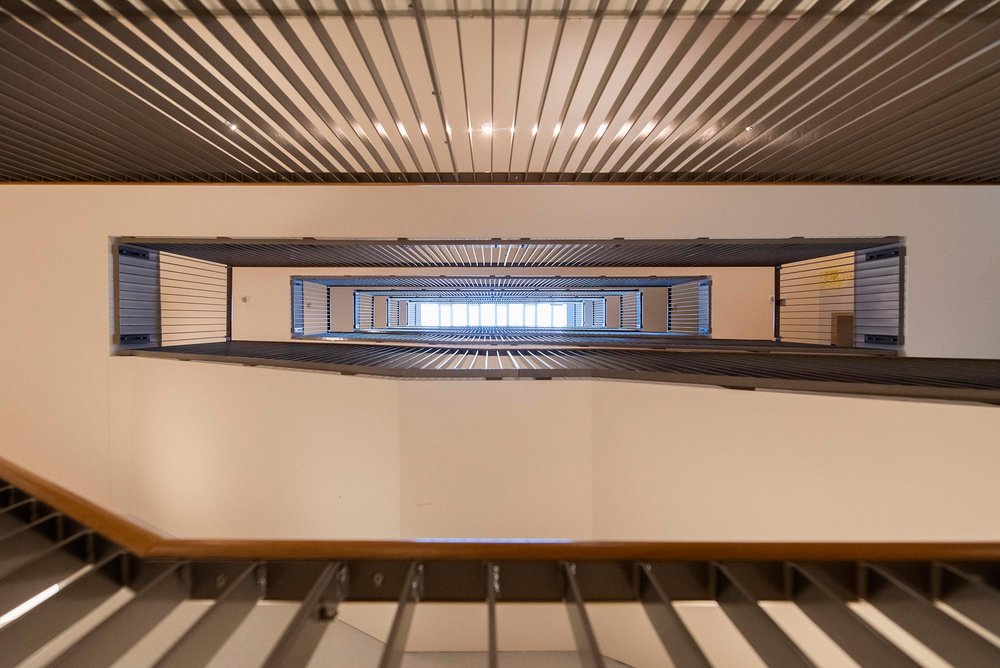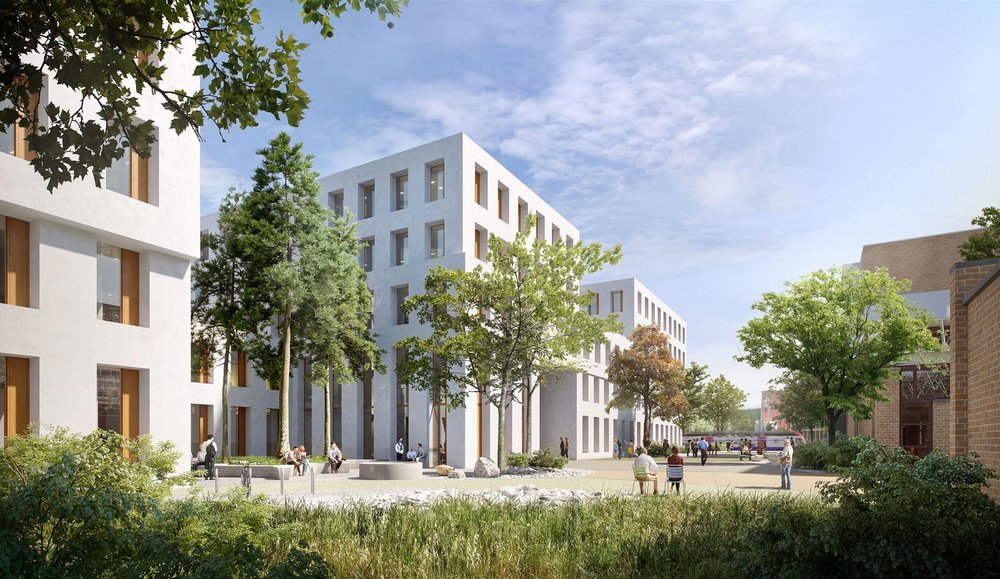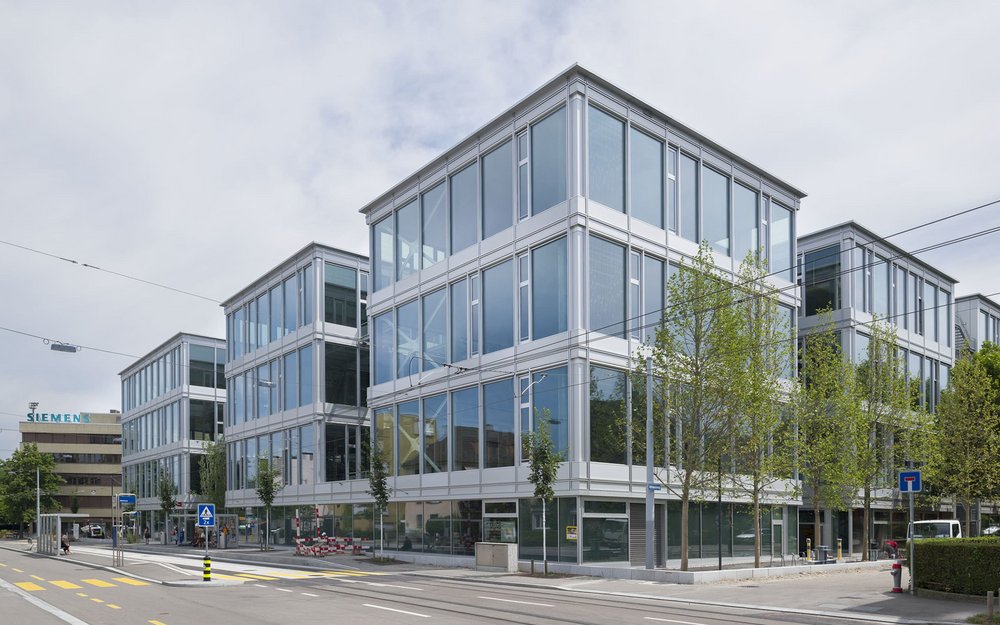Continued demand for prime investment properties has ensured good growth in real estate markets. Under these conditions, and thanks to active portfolio management, Swiss Prime Site once again has very good results to report for the 2019 financial year.
Operating income rose by 3.7% to CHF 1 258.8 million, with the Real Estate and the Services segments making a positive contribution to this pleasing growth. The core real estate business increased income by 2.0%. Real estate-related Services increased their contribution to the group by 4.8% compared to the previous year. The value of the real estate portfolio grew by 5.0% to CHF 11.8 billion during the course of the year. The vacancy rate fell to 4.7% [4.8%] and, together with an attractive net yield of 3.5% [3.6%], reflects the quality of the portfolio. Profit rose significantly to CHF 608.5 million [CHF 310.9 million]. In addition to operating improvements, higher revaluations in the real estate portfolio and a one-off positive tax effect caused by tax cuts in some cantons contributed to this pleasing result.
For 2020, Swiss Prime Site expects economic and political conditions to be similar to those of the previous year. This should create a wide range of opportunities for both us and the real estate industry. In 2020, completed project developments, active asset, portfolio and vacancy management, recurring income from real estate developments and the continued realisation of the project pipeline will have a positive impact on the operational and strategic goals in the core real estate business. We expect solid contributions from the real estate-related Services segment. Selling the Tertianum Group will result in a one-off increase in profit excluding revaluations and deferred taxes. We will maintain an attractive dividend policy.
I would like to thank our valued shareholders, customers and partners for your trust and support. My thanks also go to all employees and the management across the entire Swiss Prime Site Group. In my time as a member of the Board of Directors and as its Chairman, we have all worked together to help Swiss Prime Site become a successful company in the real estate industry.
